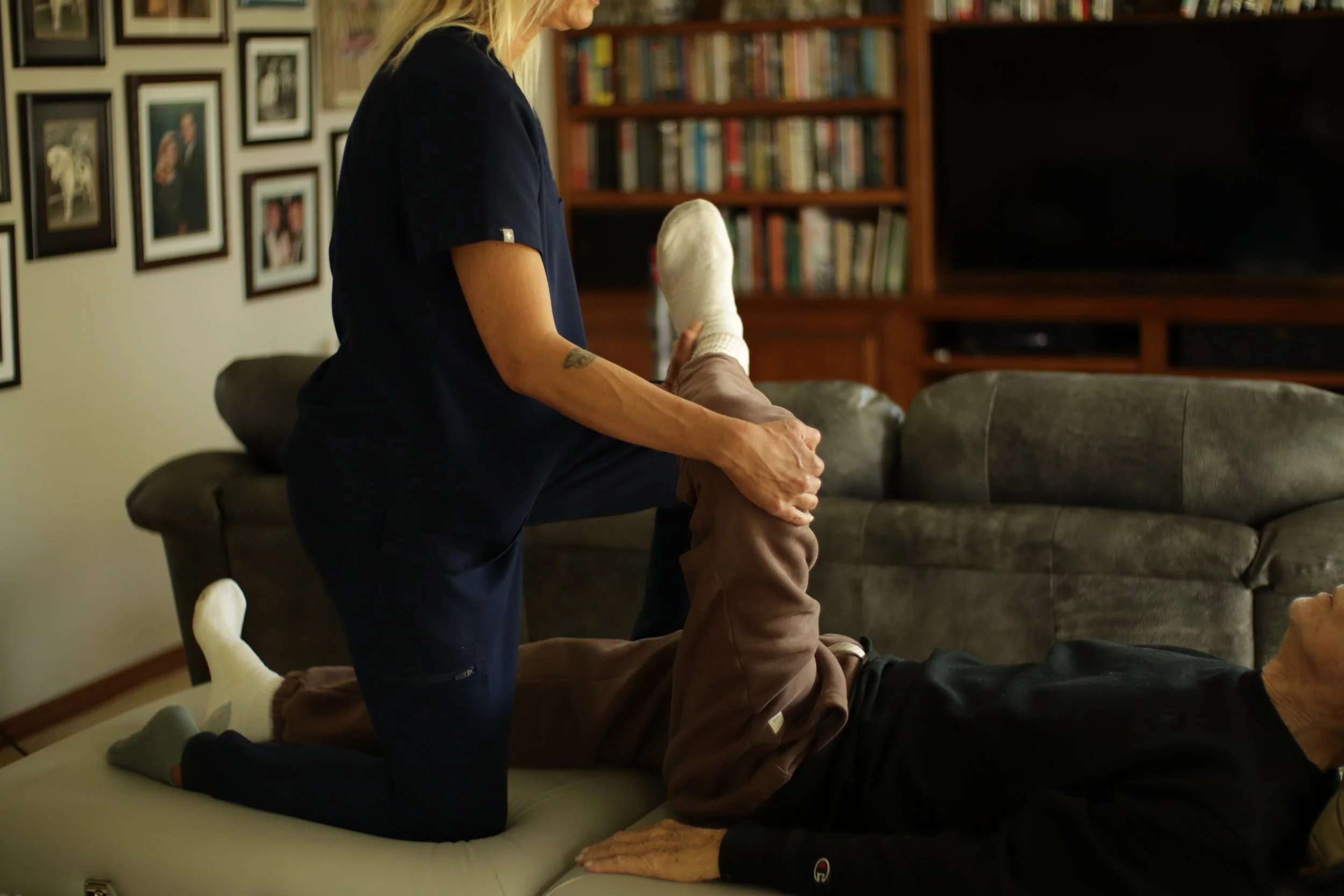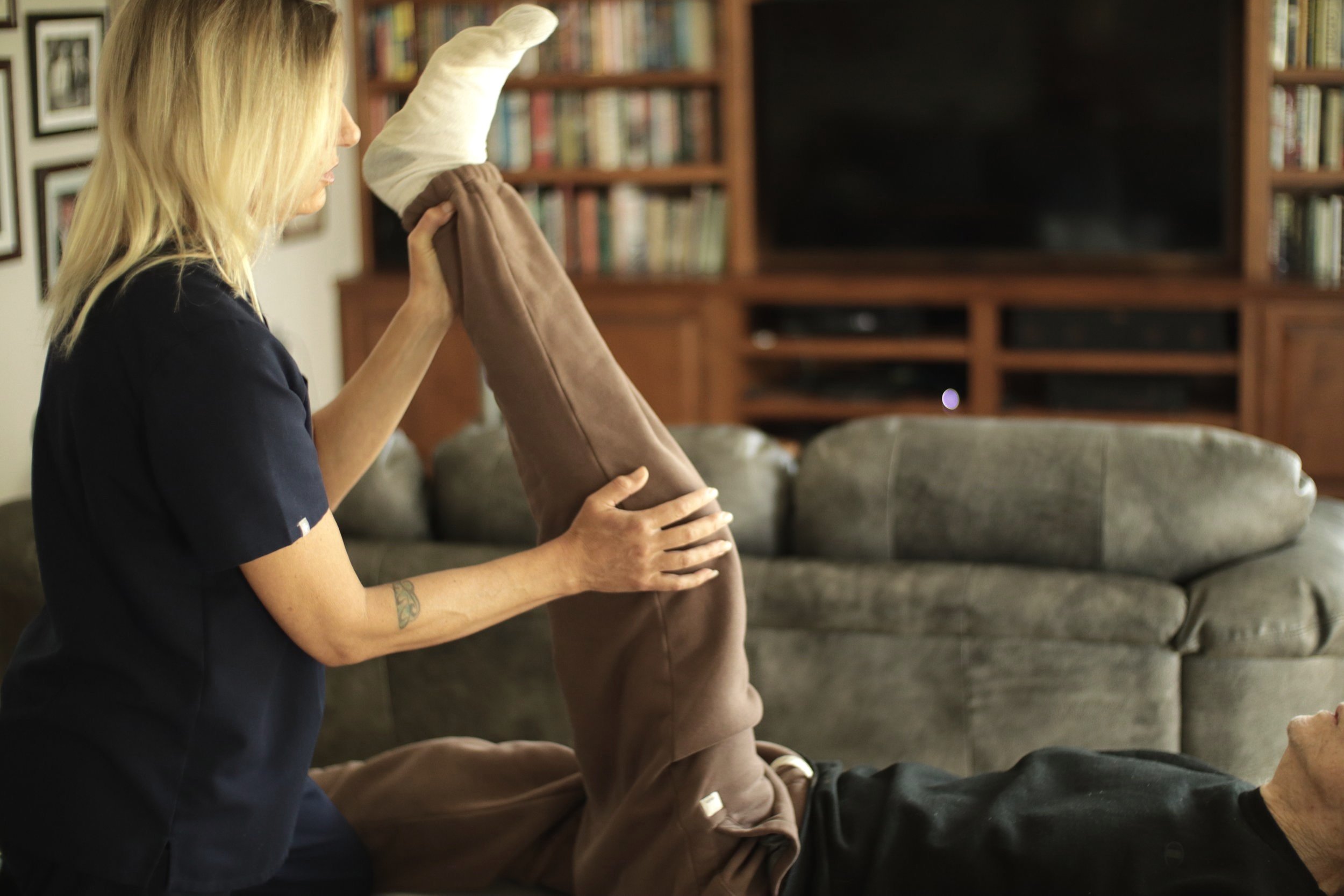
The Science Behind Assisted Stretching
Studies support integrating assisted stretching programs like Postura into preventive care for older adults to enhance quality of life and help reduce healthcare costs.
Why Assisted Stretching for Seniors?
1 in 4
adults over 65
falls each year, leading to injuries and hospitalizations.*
Centers for Disease Control and Prevention (CDC) – "Each year, about 36 million falls are reported among older adults, resulting in more than 32,000 deaths."
Source: CDC Falls Data
Flexibility declines by up to
50%
between ages 30-70, making daily activities harder.*
National Institute on Aging (NIA) – Research indicates that flexibility declines by 20-50% between ages 30 and 70.
Source: NIA Exercise and Aging
Regular stretching reduces fall risk by
23%
through an improvement in balance, posture, and circulation.*
Journal of Geriatric Physical Therapy – Studies suggest that stretching and mobility exercises reduce fall risk by up to 23% in older adults.
Source: Journal of Geriatric Physical Therapy
Explore the Scientific Evidence Behind Assisted Stretching
1. Assisted Stretching Improves Mobility and Function in Older Adults
An eight-week active-assisted stretching program significantly improved mobility, strength, and range of motion in elderly residents of a retirement community. Participants who engaged in assisted stretching twice weekly demonstrated notable enhancements in functional performance compared to a control group.
2. Stretching Reduces Chronic Pain and Enhances Flexibility
A randomized trial found that self-administered stretching exercises were as effective as motor control exercises in reducing pain intensity and disability among individuals with chronic non-specific low back pain. This suggests that stretching can be a viable intervention for managing chronic pain conditions.
3. Stretching as a Component of Fall Prevention Programs
Evidence-based fall prevention programs for older adults often incorporate stretching exercises to improve balance and mobility. These programs have been shown to significantly reduce the incidence of falls, highlighting the role of stretching in maintaining independence among the elderly.
Human-First
Human-First
Evidence-Backed Care
Evidence-Backed Care
Our Approach
Postura combines compassion with clinical insight. Our sessions are rooted in proven benefits and delivered with warmth, respect, and careful attention to each person’s mobility needs.
Whether it’s supporting a fall-prevention program or helping someone get out of bed with less pain, we’re here to move people — physically and emotionally — toward a better life.

What Makes Us Different
We specialize in aging adults
All sessions are 1:1 and personalized
No equipment, no pressure, just progress
Trusted by caregivers, communities, and insurers
Backed by research and built from experience






